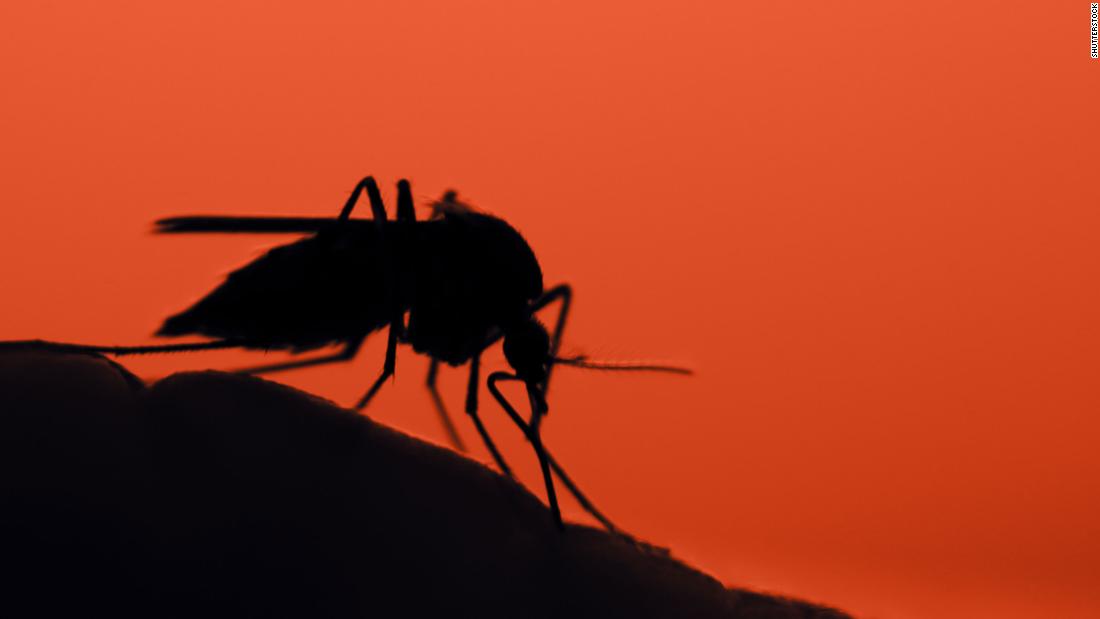
–
(CNN) — Not only are Michigan health officials dealing with the coronavirus, they are also trying to contain the spread of a rare mosquito-borne disease.
Authorities are urging people to stay home after dark and protect themselves from mosquito bites. This, after a Barry County resident was suspected of having Eastern Equine Encephalitis (EEE), a life-threatening illness caused by the EEE virus.
The Michigan Department of Health and Human Services (MDHHS) announced the suspected EEE case Tuesday.
“This suspected EEE case in a Michigan resident shows that he is a constant threat to the health and safety of Michiganians. And it calls for ongoing action to prevent exposure, including air treatment, ”said Dr. Joneigh Khaldun, MDHHS executive medical director and deputy director of health, in a statement.
“MDHHS continues to encourage local officials in affected counties to consider postponing, rescheduling, or canceling outdoor activities that occur in the evening or after. In particular those involving children to reduce the possibility of people being bitten by mosquitoes.
LEE: Rare diseases affect 1 person in 2,000. These are the most prevalent in the US.
22 horses in 10 counties have also been confirmed to have EEE – twice the number of animal cases seen in Michigan this time last year.
The state is conducting aerial treatment in several “high-risk areas” in an effort to reduce the number of mosquitoes that spread the virus.
Five confirmed human cases of EEE have been reported to the US Centers for Disease Control and Prevention (CDC) this year, as of September 9. Three cases were reported in Massachusetts and two in Wisconsin.
LEE: Bacterial Outbreak Infected Thousands After Leak at Biopharmaceutical Factory in China
Typically, only 5 to 10 human cases are reported in the United States each year, according to the CDC. About 30% of all cases result in death. There was an unusual increase in the number of reported cases and deaths in 2019.
The incubation period for EEE ranges from four to 10 days, according to the CDC.
Symptoms can be mild and can include fever, chills, aches, and general malaise. But severe cases can include inflammation of the brain or meningitis.
–

